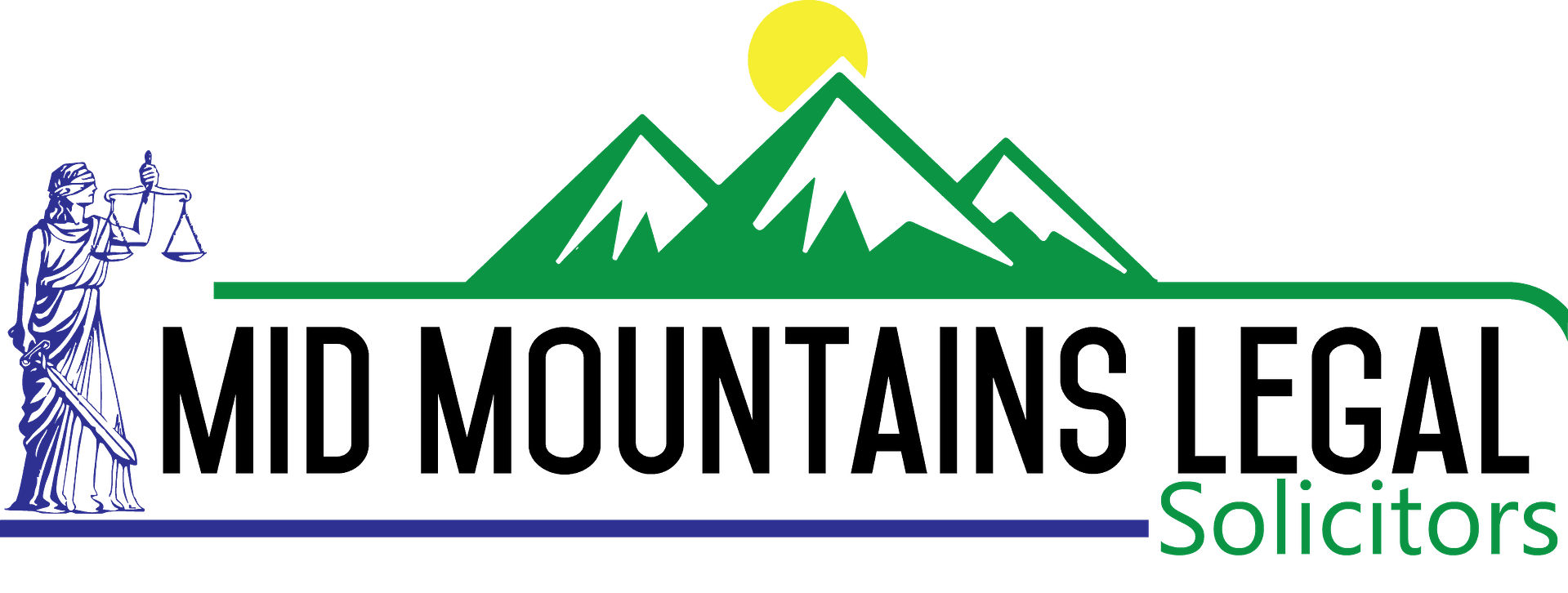
Estate planning is the process of making a ‘road map’ on what should happen to your assets if you become incapacitated or pass away. These wishes are generally expressed in a Will, but estate planning also encompasses things such as how your debts and superannuation are dealt with after you pass away.
One important aspect of estate planning is addressing what happens with your business, whether you are a small operator who wholly owns your own business, a co-owner in a partnership, a company shareholder or director, or an appointor, trustee or unitholder in a trust.
The structure of your business determines how it should be dealt with in an estate plan, but regardless of your business structure the same principle applies: to protect your assets and ensure that your chosen beneficiaries benefit from the value of your business.
Considering how to include your business in your estate allows you to maintain the value of the business and avoid potential conflicts among successors about what to do with it after your passing.
What are the key things to consider?
Sole traders: If you are a sole trader who 100% owns your business, estate planning is a relatively simple exercise in which you pass the value and assets of the business on to your chosen beneficiaries via your will.
As an unincorporated sole trader, however, your personal liability for any debts of the business is unlimited and this should be addressed in an estate plan. There are also limited tax benefits because a sole trader is taxed on their income from the business at their marginal tax rate.
Where a sole trader has a specialist skill or their successors have no interest in running the business after the owner’s death – the estate plan may address how the business should be sold. However, a capital gain from such a sale can’t be split between family members, and a capital loss will impact those beneficiaries’ personal assets.
Partnerships: In partnership structures, it’s advisable to have a legally enforceable partnership agreement (sometimes called a ‘buy-sell’ agreement) in place setting out each partner’s equity in the business and what is to happen in the event of one partner’s death. The agreement may pass on the deceased partner’s share of the business to his or her successors. Alternatively, it may facilitate the other partners buying the deceased partner’s share of the business rather than working with a new partner who is unfamiliar with the business. The proceeds of the sale can then be distributed to the deceased partner’s beneficiaries via their Will. In the absence of an agreement, the Partnership Act 1892 (NSW) will apply.
Companies and trusts: If your business is run via a company structure, it will be important to have a shareholders’ agreement to determine what happens to the ownership of the company in the event of your death. As a director with shares in the company, you can pass these shares to your beneficiaries through your will (but not the assets of the business, such as a property, which are owned by the company). A shareholders’ agreement would address how voting rights and the right to receive dividends and capital work in the context of succession, and a situation where your fellow directors or shareholders wish to buy your share.
If you own your shares via a family trust, control of the shares is passed following the trust deed. Family businesses are often run through a discretionary family trust, which offers tax advantages and asset protection in the event of a beneficiary experiencing other pressing cash flow problems or becoming bankrupt.
Business assets held in a family discretionary trust are considered non-estate assets and so, cannot be disposed of via a business owner’s Will. The trustee determines how beneficiaries receive any value from the business following the trust deed, which offers the business owner a layer of protection.
Business owners may choose to use a trust structure for their business. If business assets are passed to beneficiaries through their Will, they become the subject of a family provision claim from someone claiming that the deceased owner’s Will inadequately provides forthem. This claim is much more difficult to pursue if the business assets are held in a family trust structure.
Dividing assets between family members
There are other reasons for you to consider early what will become of your business after your passing.
Transferring ownership of the business to a successor before you pass away should give you peace of mind about the future of the business, and you may be able to take advantage of capital gains tax concessions.
If a business owner’s child or children work in the business and the business owner’s other child or children have no interest or involvement in the business, and if the business remains viable after the owner’s death, the child or children involved in the business may be faced with an onerous burden of raising funds to buy out a sibling’s share of the business left to them in the owner’s Will. An estate plan can mitigate these circumstances by ensuring that other assets of a value equivalent to the interest of the non-interested sibling/s (such as a life insurance policy) are passed on to them.

Here to Help
Seeking advice from solicitors, accountants and financial advisers will help you to make the right estate planning decisions. Contact us today to discuss a plan tailored to your individual needs.




